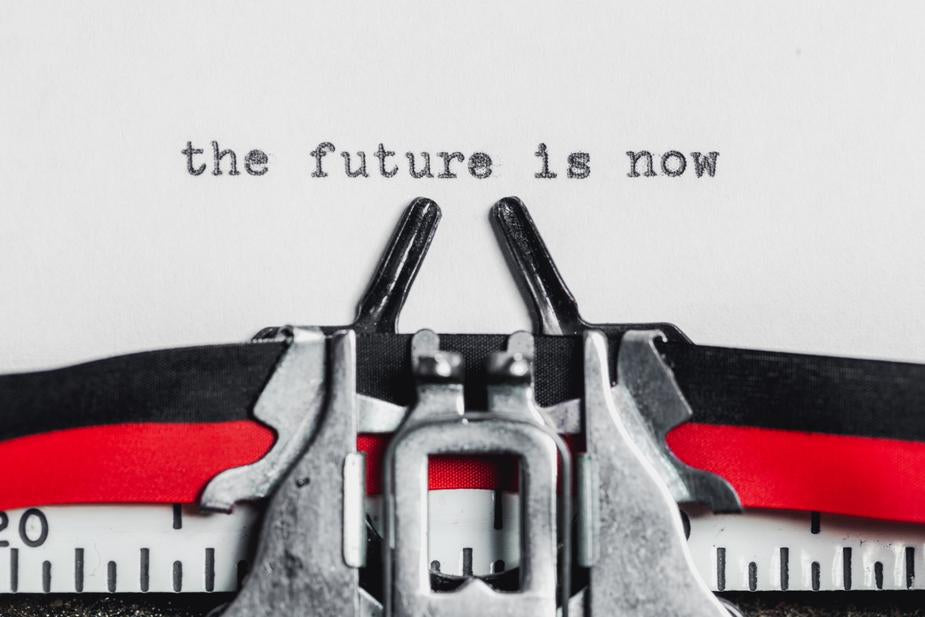
What happened to my shop? The future of retail in SA
Share
For a few years now, pundits and people in the know have been speculating about where retail is going in South Africa, and how it's going to change. Men with money and moustaches and who sound very clever have used terms like 'connected commerce', 'omnichannel', and 'the internet of things' ad nauseum to describe the expected change within the retail sector to describe what is going to happen.
While some of those clever things have and are materialising, as South Africans we have neglected 3 things about the retail industry locally and its effect on us.
1. Retail space is overcapitalised.
Retail is one of the SA economy's biggest assets. Has been for years. Simply put, we like to shop - and its never just been about the shopping. Retail space is where we shop, eat, entertain ourselves and go to kill some time. When you're out of options you 'go to the shops'.
Things are however starting to change. With the advent of a weaker economy, deeper internet penetration and rife brand competition, the focus is moving away form the malls. This is a problem, because South Africa has over 2000 shopping malls, and one of the highest ratios of retail space per capita in the world.
That's right. We have more retail space per head than almost anywhere else on the planet. I'll let that sink in...
With bigger international discount brands flooding the malls, entertainment centres closing down all over the place and more niche retailers heading online, and into beat down low rent spaces due to lower operational expenses, the malls will start losing their experiential appeal.
You've probably already seen a number of papered up store windows in malls - all because people don't need to head to a mall that much anymore, and when they do they don't have the money to spend that they used to have - thanks to a lagging economy.
Its a jungle out there at the moment, and I think that retail space in SA is going to have to evolve into something much more 'multiple use'. Think apartments, retail and office space entwined into the traditional shopping malls. Think an ice rink right below your doctors office, next door to your grocer and across from your apartment. That's where it will all eventually have to go.
2. Online Everything.
In the near future everything will be bought online in some way. And I do mean EVERYTHING. From groceries to clothing to cars and even real estate.
Soon we'll shop by standing in front of smart mirrors to 'try things on', we'll shop without having to stand in a queue to checkout, and you'll be able to order everything by telling Google or Siri what to buy you. Brands will pay you to take selfies with their stuff. You'll be able to pick it up in store, or it will be delivered to you the same day.
Soon you'll walk into a store, buy something and be annoyed that you have to carry that product home.
The way you open bank accounts, the way your kids learn, the way you work, the way you do most things will move online - and this will happen faster than you can say 'Shopify'.
Call it the internet of things, call it connected commerce, omnichannel, or whatever clever word you can think of. That's the future of retail in South Africa, and it is going to have a profound effect on how we shop, what we buy and more importantly, how our society develops.
3. Value over ownership.
The baby boomers placed alot of value on ownership. If Bill bought a tupperware set for his wife, by golly your dad did the same. The size of the house, the type of car and the number of kids all stacked up to define a baby boomer's status and happiness. Baby Boomers placed a lot of emphasis on having 'things'. Tupperware, cars, books, jewellery, you name it.
Growing up my house was cluttered an filled with crap we never used, and largely didn't even know we owned. My parents got sold on the perceived value of things rather than the actual value.
My generation (Gen Y, and Gen Z) are much more about the true value of things. Specifically the things that matter. They don't see the value in diamonds, a fancy car or a gigantic house, because those things take away from their financial value, and that's important. We don't see the value in ownership like our forefathers did, and we certainly don't want to pay a premium, either in time or money, anymore to have those things.
In the future, this trend will continue. People will buy on value and keep prioritising until that value is found.
So as a business are you ready for this? If you don't have an online store, you will need one and fast. Luckily for you there's Shopify, and when you get stuck we're here to help.
Let us know what you think the retail space will look like in a few years.
